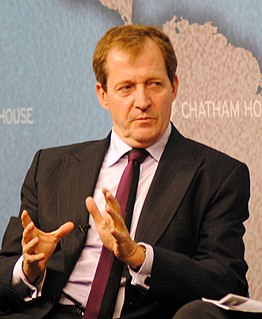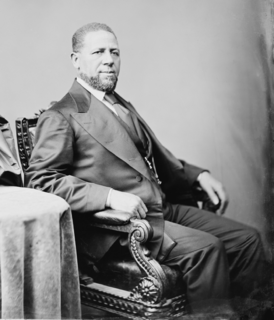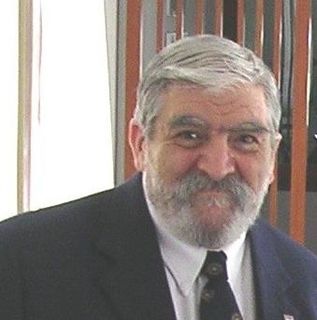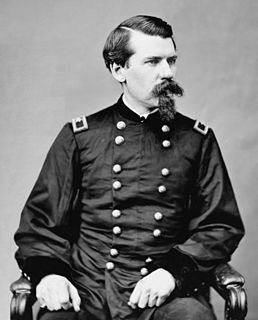A Quote by Harry S. Truman
...as soon as the war was over, they had to justify what was done.
Related Quotes
I never met David Kelly, but I knew from what he told other people that this was not his view. The BBC were saying that Tony Blair was making up lies so that he could send young men and women to war, maybe to die. I think that if the BBC had done their jobs professionally, they'd have realised that you couldn't justify what they said. And nothing has emerged since to justify that report.
Barack Obama has done more than anyone else to promote the dangerous illusion that we can choose whether to have a war or not. But our enemies have already made that choice. Retired Marine Corps General James Mattis said: “No war is over until the enemy says it's over. We may think it's over, we may declare it over, but in fact, the enemy gets a vote“.
During World War II, Joseph Stalin was once asked by an American writer, according to Professor Dean Russell, how he could justify conscripting all the property of all the people for use by the government to fight the war. Stalin answered by asking why they considered it more immoral and illogical to conscript lifeless property than to conscript life itself, as was being done in the United States and all other capitalistic countries. His American challenger had no answer, because there was no answer.
They say that war is death's best friend, but I must offer you a different point of view on that one. To me, war is like the new boss who expects the impossible. He stands over your shoulder repeating one thin, incessantly: 'Get it done, get it done.' So you work harder. You get the job done. The boss, however, does not thank you. He asks for more.
Japan suffered terribly from the atomic bomb but never adopted a pose of moral superiority, implying: 'We would never have done it!' The Japanese know perfectly well they would have used it had they had it. They accept the idea that war is war; they give no quarter and accept none. Total war, they recognize, knows no Queensberry Rules. If you develop a devastating new weapon during a total war, you use it; you do not put it into the War Museum.
The catch-all phrase "the war on terrorism", in all honesty, has no more meaning than if one wants to wage a war against "criminal gangsterism". Terrorism is a tactic. You can't have a war against a tactic. It's deliberately vague and non-definable in order to justify and permit perpetual war anywhere and under any circumstance.
Grant began by expressing a hope that the war would soon be over, and Lee replied by stating that he had for some time been anxious to stop the further effusion of blood, and he trusted that everything would now be done to restore harmony and conciliate the people of the South. He said the emancipation of the Negroes would be no hindrance to the restoring of relations between the two sections of the country, as it would probably not be the desire of the majority of the Southern people to restore slavery then, even if the question were left open to them.































